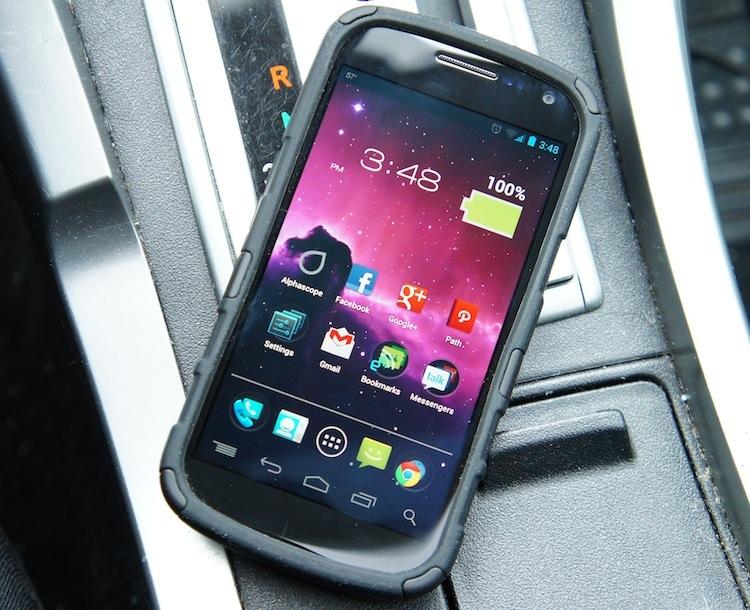
There is no question that distracted driving is a serious problem, or that cell phones are a major cause for distractions in drivers. Thanks to those tiny little devices that keep us connected at all times, we like to live in the moment, here and now. Everything must be attended to right away. Nothing can wait.
Of course, this isn't how it should be – not behind the wheel, at least. A text message can and should usually wait. And if it can't, pulling over to respond or placing a voice call – hands-free if necessary or possible – should be high on the list of priorities.
To date, only a couple measures have been put in place to help avert in-car distractions. One, for instance, has been a ban on texting while driving, which has been adopted by the majority of the states. However, such laws have done little to prevent further accidents or stop people from texting while driving. There has been a lack of enforcement, and some studies show that the issue has only gotten worse due to drivers holding their phones lower to hide their texting from any nearby law enforcement; thereby, lowering their head and eyes, looking further from the road and effectively slowing reaction time.
Without the slightest doubt, something needs to be done. Careless drivers who simply cannot wait to respond to a text message are putting thousands of lives in danger every day. And it's beyond just text messages. Twitter, Facebook, music, email, Web browsing and other functions of smartphones are all causes for distractions, too.
So what should be done?
Well, people should simply learn to put their phones down while they're behind the wheel. But without incentive or (what they deem) a good reason, few people will put notifications on the back burner until the car is stopped. Their life – that text – is clearly more important than the safety and well being of others.
A report coming from Reuters yesterday evening claims that the Obama administration "wants limits on vehicle features that allow drivers to text and make cellphone calls while the car is moving." Yesterday, Transportation Secretary Ray LaHood proposed some steps to automakers that would limit on navigation systems, hands-free calling and other parts of entertainment systems within cars. John Crawley of Reuters explains:
"The Transportation Department guidelines introduced on Thursday recommend that automakers adopt technology to disable distracting electronic systems that are accessible to the driver -- but not passengers -- when a car is moving.
This would cover text messaging, Internet browsing, and access to social media."
Generally, I'm all for anything that will help save lives and, ultimately, put an end to texting (or any cell phone use while driving, for that matter) while driving. But this proposition clearly isn't the way. It could create more problems than it solves.
For starters, while the driver may need to have their text messaging or Interned browsing blocked, a passenger doesn't. How could a system possibly block these services for the driver yet not block the use of a passenger's device? How would it block certain functions of a phone while leaving others, like built-in navigation, unhindered? And completely disabling a driver's device while the car is on isn't the answer either. This would prevent them from dialing emergency numbers in the case of, well ... an emergency.
What's worse is the simple fact that no matter what length the government or law enforcement agents go to, people will go to greater lengths just to keep doing what they want. Create a system that disables certain functions of the phone and, somewhere, some hacker will find a way around it.
Regardless, a little more force – better enforcement of laws and maybe even more serious consequences – is all that can realistically be done. The NTSB (National Transportation Safety Board) proposed that all cell phone use behind the wheel should be banned. And while I'm not 100 percent sure I can agree with that, as hands-free is hardly worse than chatting with a person in the passenger seat, laws are the right way to go – at least for now.
There is no single way to remove all distractions from drivers. But with more advanced built-in features within cars, we can only hope drivers become less and less distracted and this growing issue subsides. One thing is for sure: I'm not holding my breath, and I won't be contributing.
What say you, ladies and gents? Are distracted drivers getting worse. Is LaHood's proposal the best approach? Or should all cell phone use behind the wheel be banned, period?